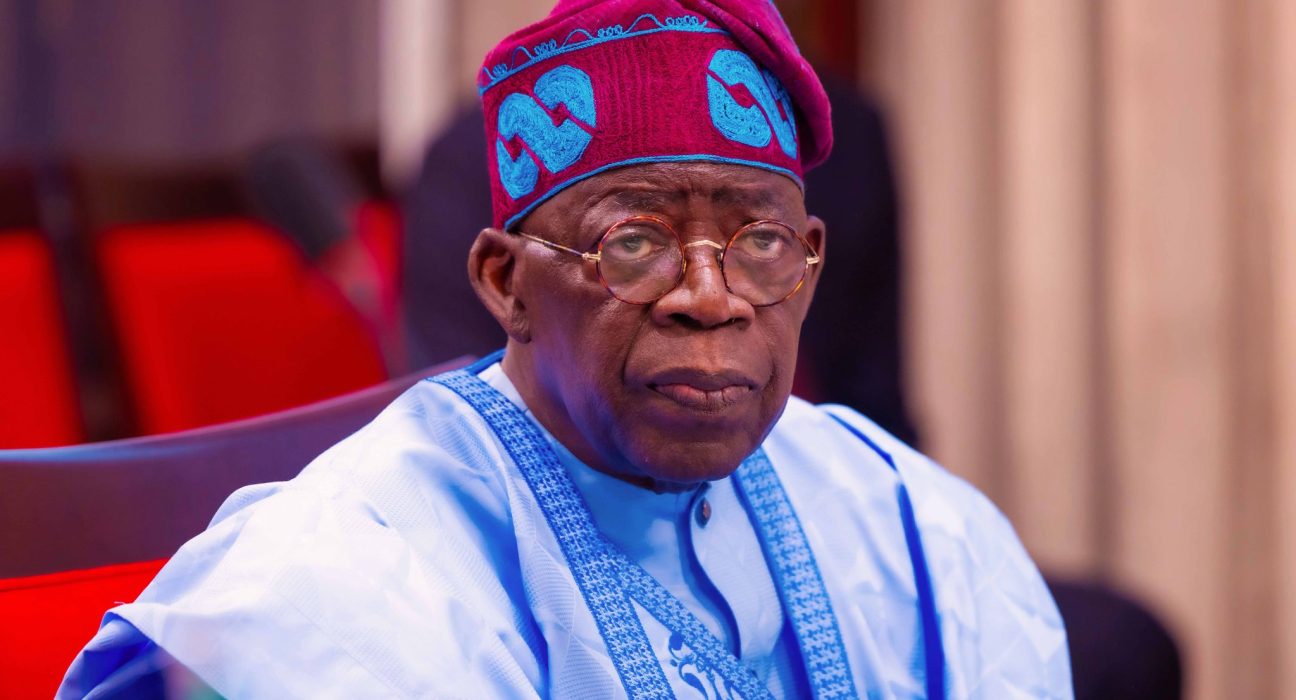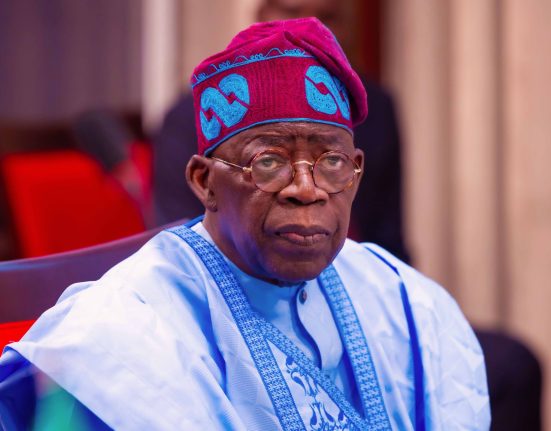President Bola Tinubu’s administration has introduced several tough economic policies, including fuel subsidy removal, floating the naira, and ending electricity subsidies. Now, the government plans to reintroduce tolling on the yet-to-be-completed Lagos-Ibadan Expressway, a move that will further burden Nigerians. The President should reconsider this decision.
A Flawed Justification
The Minister of Works, Dave Umahi, argues that tolling is necessary to generate revenue for road maintenance once Phase I is completed. However, this rationale is weak. The government’s primary duty is to provide infrastructure to boost economic growth, not to impose additional financial burdens on citizens.
The Lagos-Ibadan Expressway reconstruction, which started during the Olusegun Obasanjo administration, has dragged on for over 20 years. Despite promises, some sections in Ibafo and Ogere are already deteriorating before the road’s official completion. Umahi assured that these portions would be repaired before the road is inaugurated, but this does not justify tolling.
The road was expected to be completed under former President Muhammadu Buhari, yet it remains unfinished. Now, two years into the Tinubu administration, the government is prioritizing toll collection over actual completion and proper maintenance.
Burdening the Public
The Lagos-Ibadan Expressway is Nigeria’s busiest road, with an estimated 2,085 vehicles per lane every hour. Despite this, the government has failed to deliver on time.
With over 140 million Nigerians living in multidimensional poverty, high fuel prices, and rising transportation costs, an additional tax through tolling would increase hardship for commuters and businesses.
When the Obasanjo administration abolished tolling, businesses and private properties flourished along the expressway. Reintroducing tolls will discourage economic activity and raise the cost of doing business.
No Alternative Routes
Global best practices require that toll roads have alternative routes, but none exist for the Lagos-Ibadan Expressway. This means that road users will be forced to pay tolls, leaving them without a choice—a policy that is both unfair and exploitative.
Previously, the expressway had three toll points, but Obasanjo removed them due to corruption concerns. There is no guarantee that this time will be different.
Newly constructed roads under Public-Private Partnership (PPP) agreements or loans could be tolled, but the Lagos-Ibadan Expressway was publicly funded, including with recovered Sani Abacha loot. Imposing tolls would therefore amount to double taxation.
If the government is determined to introduce tolling, it should apply it to new roads like the Lagos-Calabar Expressway, rather than existing public infrastructure.
Poor Maintenance Culture
In many developed countries, governments prioritize road maintenance through budgetary allocations. However, successive Nigerian administrations have failed to uphold proper maintenance culture, leading to rapid deterioration of roads, airports, hospitals, and schools.
For instance, government-owned refineries collapsed due to lack of proper maintenance, forcing Nigeria—an oil-rich nation—to import refined petroleum products.
Instead of imposing tolls, the government should focus on fighting corruption and ensuring proper maintenance of public infrastructure. Building roads with trillions of naira but neglecting their maintenance is wasteful and unsustainable.
The government must rethink its approach to infrastructure development and prioritization of the people’s welfare over revenue generation through tolling.

